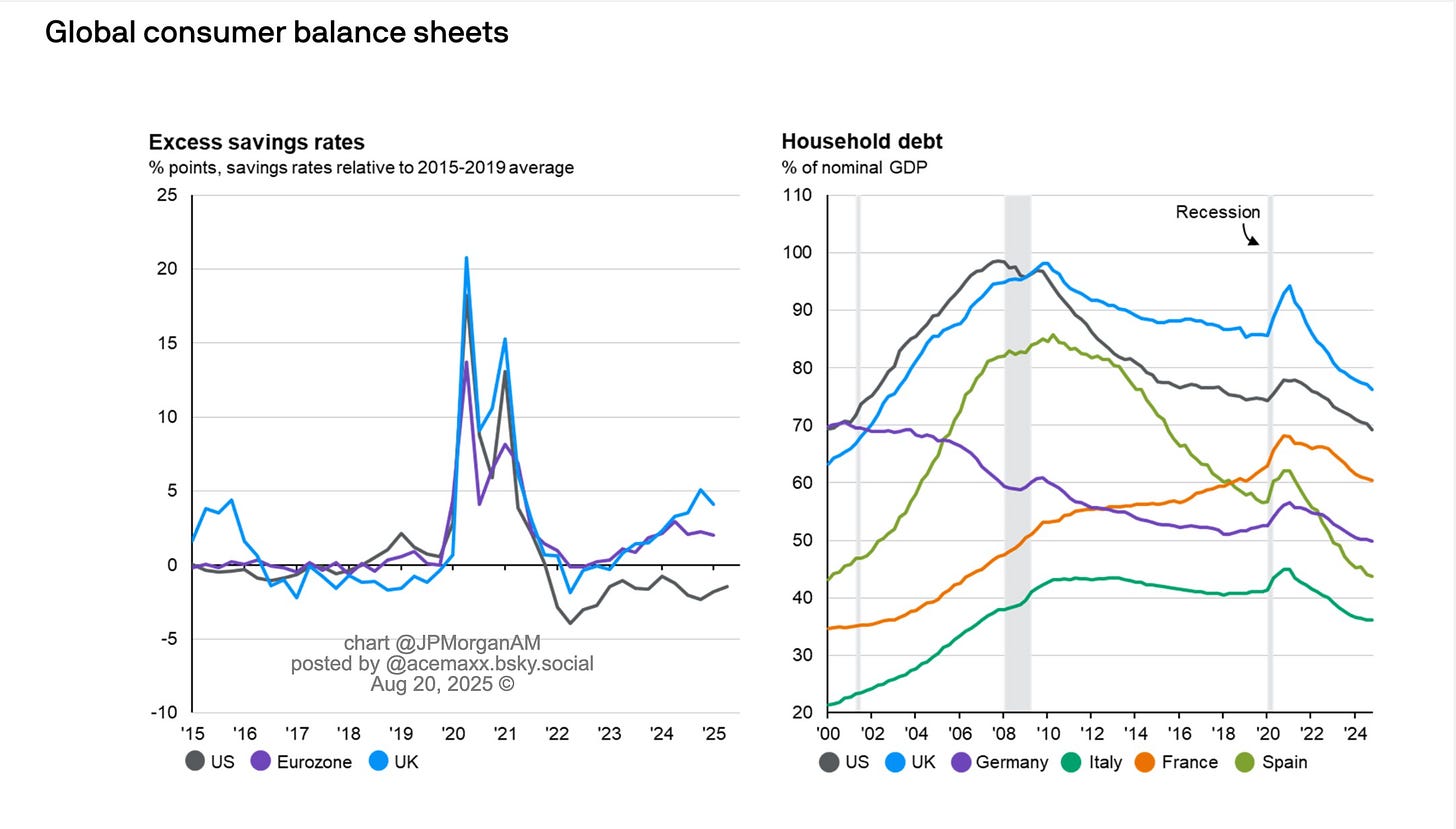«Fiscal Mercantilism»
Trump Tariffs: S&P affirms US “AA+” Credit Rating
S&P’s recent decision to affirm the US credit rating on the grounds that Trump’s tariffs are boosting government revenues exposes a paradox.
From a narrow fiscal standpoint, tariffs look attractive:
They provide a steady stream of income, strengthening the Treasury’s hand in servicing debt.
Yet this overlooks the broader economic cost. Tariffs are effectively a tax on consumers and importers, raising prices, eroding purchasing power, and weighing on growth.
In effect, rating agencies are rewarding a new form of mercantilism:
policies that prioritize state revenue from trade flows, even if they undermine private consumption and long-term economic vitality.
The US may look fiscally stronger on paper, but the burden is shifted to households and firms through higher costs and weaker demand.
Tariffs are ultimately paid by consumers and importing firms, not foreigners (empirical evidence confirms this).
That means:
Higher import prices → inflationary pressures.
Reduced consumer real incomes → weaker domestic demand.
Disrupted supply chains → lower efficiency and productivity.
Over time, this dampens growth even if the government’s fiscal balance looks healthier.
The real question is whether a healthier balance sheet today is worth a structurally weaker economy tomorrow, with dormant growth, less reinvestment in the business and rising underemployment.



